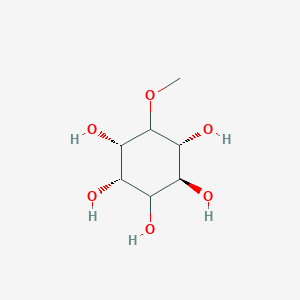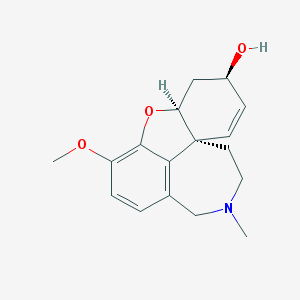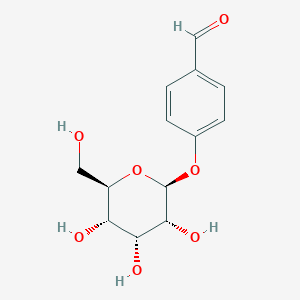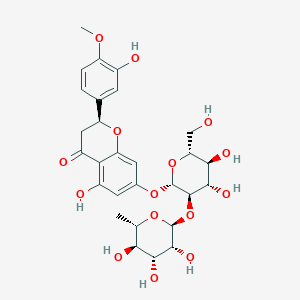Description
D-Pinitol is a natural compound that belongs to the family of inositols, which are sugar-like compounds that are found in many plants. It is commonly found in soybeans, carob, and other legumes.
D-Pinitol has been studied for its potential health benefits, particularly in the management of diabetes and insulin resistance. It has been shown to have insulin-mimetic effects, which means that it can stimulate the uptake of glucose by cells without the need for insulin. This makes it a promising compound for the treatment of type 2 diabetes and metabolic syndrome.
In addition, D-Pinitol has been found to have anti-inflammatory and antioxidant properties. It has been shown to reduce inflammation by inhibiting the production of pro-inflammatory molecules, such as cytokines, and to protect cells from oxidative damage caused by free radicals. These properties make it a promising compound for the prevention and treatment of chronic diseases, such as cardiovascular disease and cancer.
D-Pinitol has also been studied for its potential to improve exercise performance and recovery. It has been shown to increase muscle glycogen storage and improve insulin sensitivity, which may enhance endurance and recovery after exercise.
Here are some of the main benefits and applications of D-Pinitol:
- Insulin Mimetic Properties: D-Pinitol is known for its insulin-like effects. It may help in managing blood sugar levels by improving insulin sensitivity and glucose metabolism. This makes it potentially beneficial for individuals with insulin resistance or type 2 diabetes.
- Anti-Inflammatory Effects: Some studies suggest that D-Pinitol possesses anti-inflammatory properties, which could be beneficial in reducing inflammation-related conditions.
- Potential in PCOS Management: There is some evidence suggesting that D-Pinitol can be beneficial in managing polycystic ovary syndrome (PCOS). It may help in regulating menstrual cycles and improving the hormonal balance in women with this condition.
- Muscle Function and Exercise Performance: D-Pinitol might play a role in muscle function and could potentially enhance exercise performance, although more research is needed in this area.
- Bone Health Support: There’s some research indicating that D-Pinitol could aid in bone health, potentially helping in conditions like osteoporosis.
- Antioxidant Properties: Like many plant compounds, D-Pinitol also exhibits antioxidant properties, which can help in combating oxidative stress in the body.
Applications of D-Pinitol are primarily found in dietary supplements, particularly those targeted towards blood sugar regulation, PCOS management, and general wellness. It’s also being explored for its potential in sports nutrition and as an adjunctive therapy in certain health conditions.





